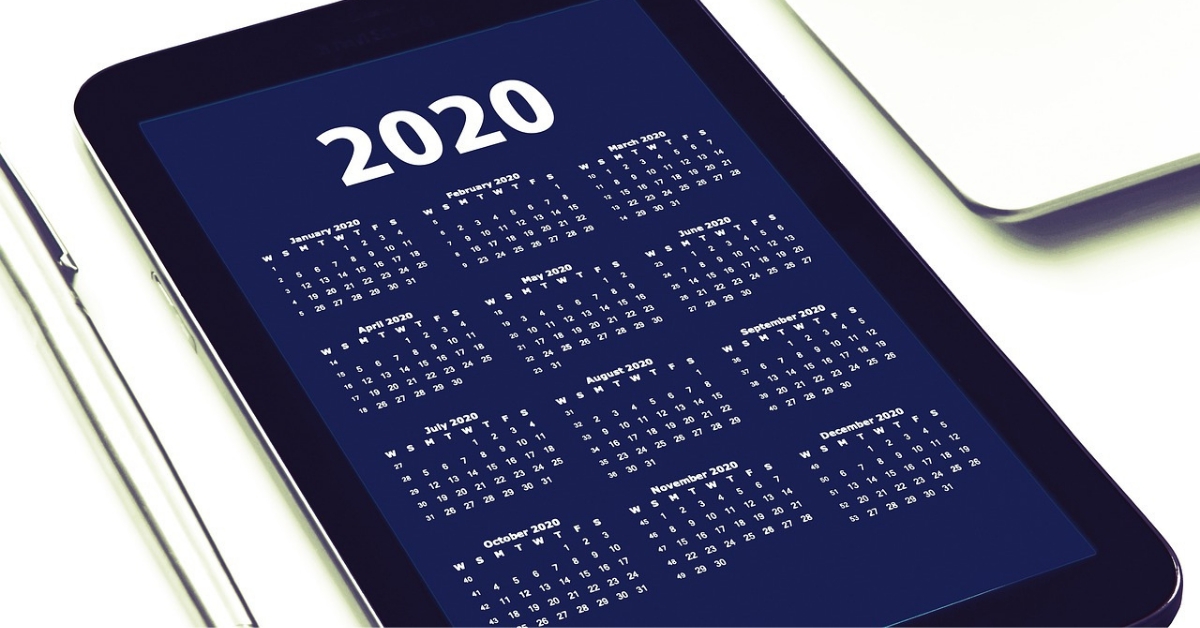The New Year is the time for making resolutions to change habits. Businesses are no different, with many companies pursuing an ERP implementation, or replacing an existing ERP system, when the new year comes around. Are you or your company thinking about pursuing an ERP project for 2020?
There are several ways in which an ERP system can improve your business in the New Year.
One Integrated Product vs. Many Products:
With an ERP system, such as the EFACS software, the system is fully integrated, allowing for single data input and the seamless flow of information from one application to another. This eliminates the potential for human error, as the data is only entered once and can then be added to within the system.
Many companies operate on several different software packages for different elements of the business, such as finance, CRM etc. With an ERP system, all modules are connected. This means that training costs and maintenance costs are lowered by buying from just one vendor instead of several.
Data Integration:
As the data is only entered once and then progresses through the system, the company as a whole can see ‘one version of the truth’. The data within the EFACS software is updated in real time, meaning that authorised personnel all have access to the same data.
Real time data leads to more accurate reporting for any business. In turn, this leads to improved decision making as decision can be made using real time information.
Improved Productivity:
ERP systems are able to perform tasks that employees may find tedious or may take a lot of time to complete if done manually. An ERP system can increase productivity as these tasks can now be completed by the ERP system. Reports that may have taken days to complete before can now take a matter of minutes, or can be automated to run whenever they are needed.
This can lessen the chance of human error occurring when completing tedious jobs.
Improved Inventory Management:
With an ERP system, there is improved inventory management. When a manufacturer uses the EFACS software, when an item is being manufactured, each element of the product has a barcode associated with it, for inventory management and traceability.
Inventory management also improves reporting, as the data is correct and in real time, provided by the scanning of the barcodes.
Production Planning:
ERP aides in production planning, as the system can produce planning schedules for equipment and labour, ensuring that the shop floor is running at maximum efficiency.
For manufacturing companies, an ERP system can easily keep track of and edit Bill of Materials. The system can also keep track of any fixed assets on site, enabling the system to plan for scheduled maintenance at a time when it will not affect the production schedule.
Hand-Held ERP:
Hand-held ERP now allows employees to have access to the companies ERP system, even while out on the road. With field service engineers, they are able to report on their jobs, while still on-site. Hand-held devices also give them access to information while away from the office.
However, field service engineers aren’t the only employees who are able to utilise handheld devices. Even when it comes to employees working on the shop floor, they can also use hand-held ERP devices to scan inventory and collect data from the floor, with the information going directly to the back office.
If your company is thinking about implementing an ERP system in 2020, why not check out our ERP System Selection Guide White Paper?
If you would like to see an overview of the EFACS software, check our events calendar for upcoming webinars, or request a one to one online webinar here!
Follow us on social media LinkedIn, Twitter & Facebook for all the latest webinars, blog posts and more!
